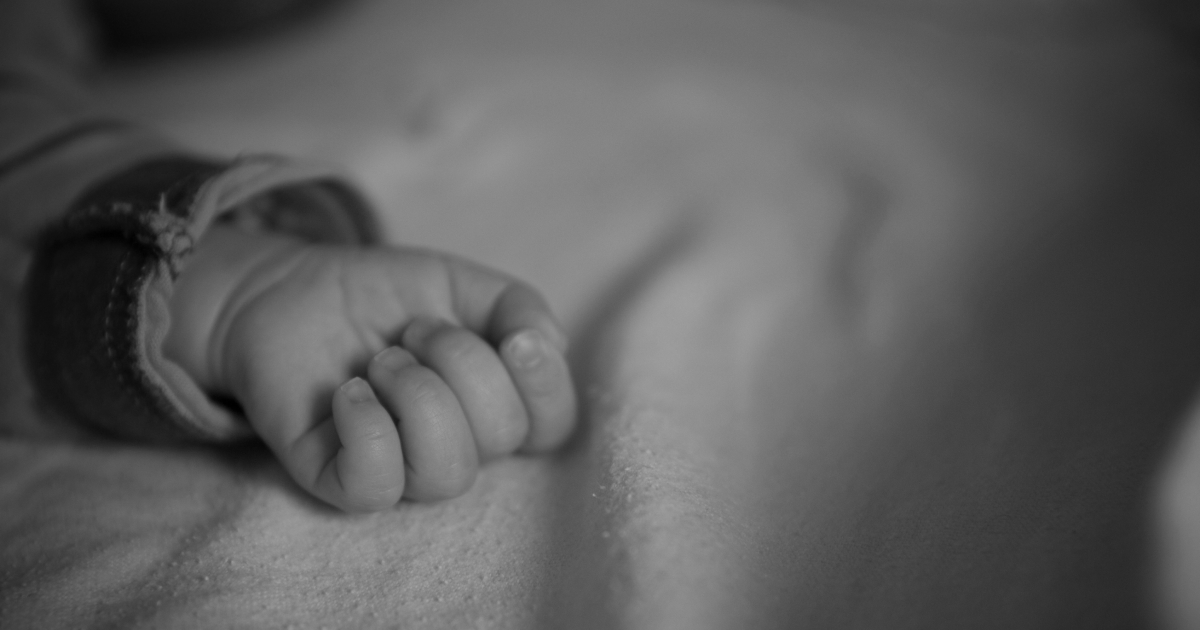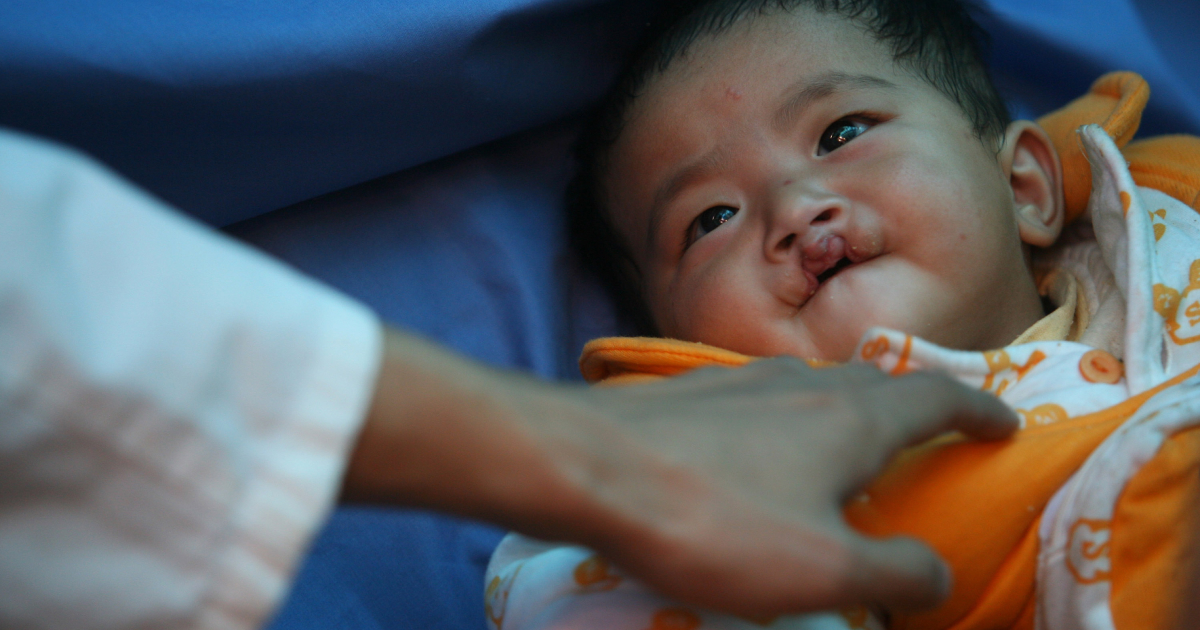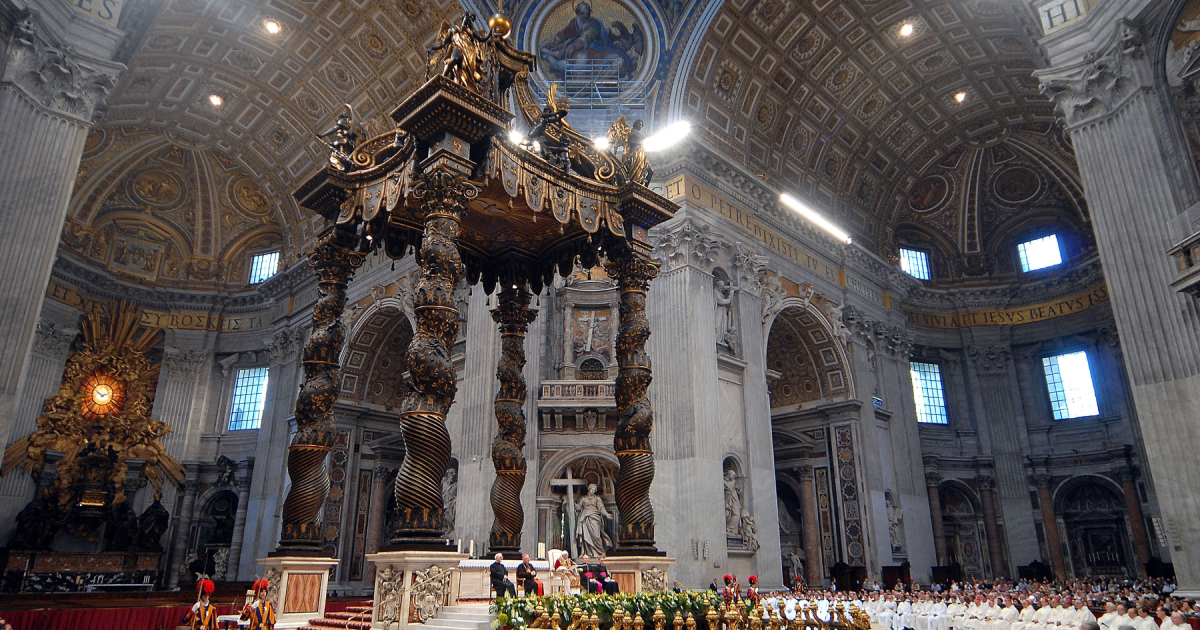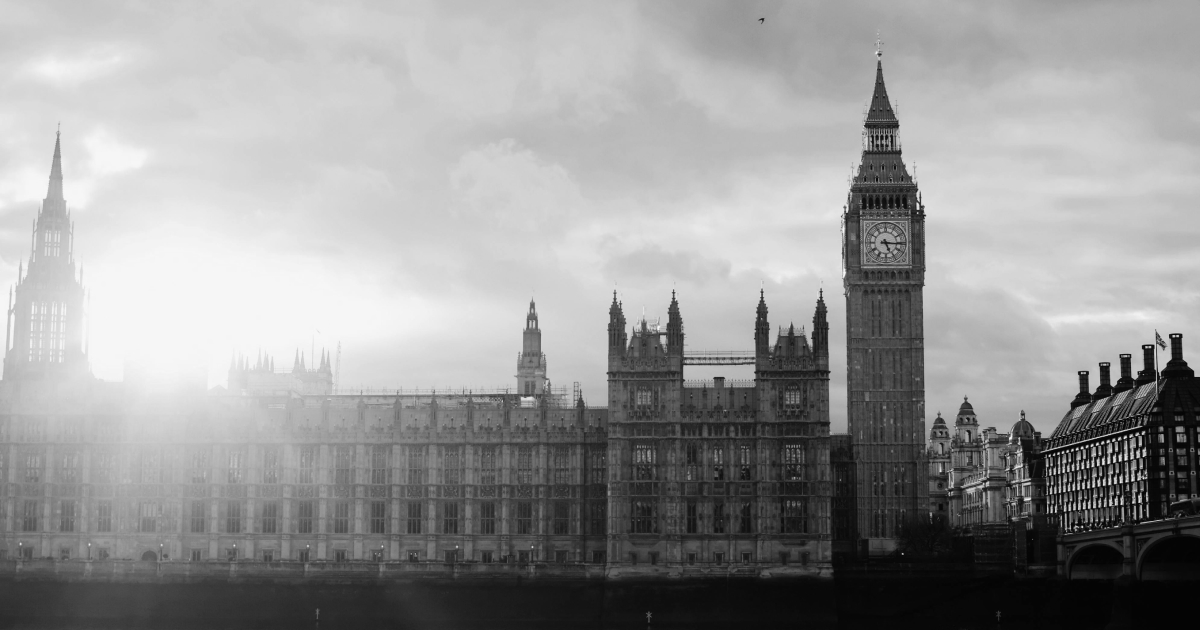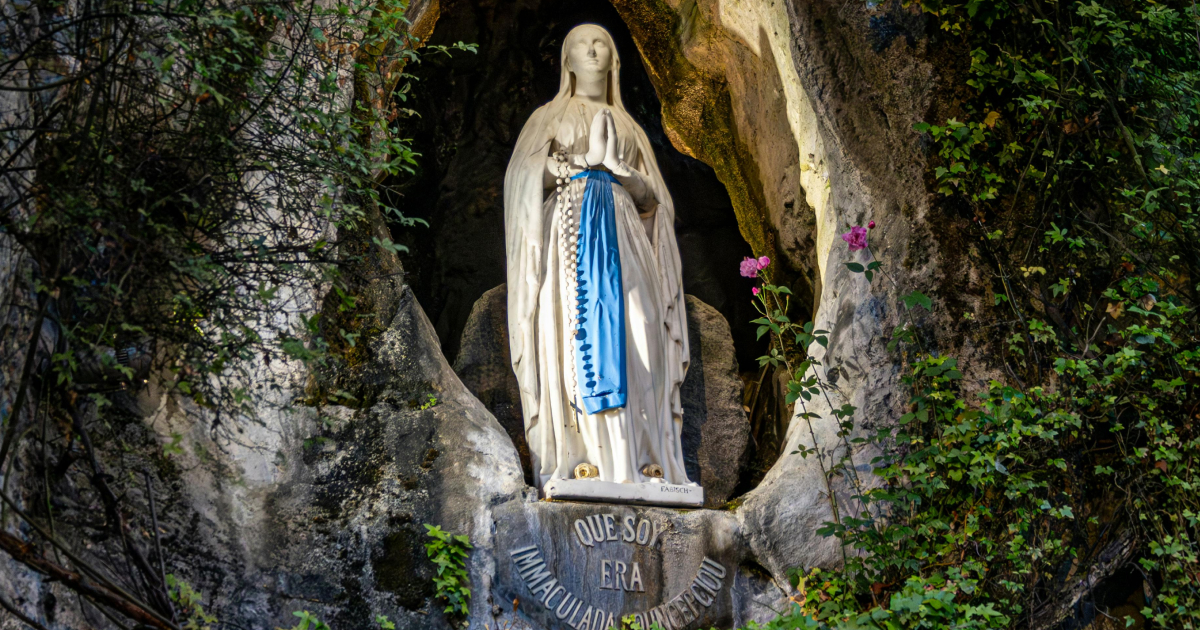This publication does not presume to tell our readers how they should vote. But we can deplore the absence of choice from one particular ballot, that for the Irish presidential election which takes place on 24 October.
One presidential hopeful, Maria Steen, failed to obtain sufficient nominations for the quota needed to secure a place on the ballot. That is a telling reflection on the condition of Irish democracy.
Maria Steen is not just a Catholic – formerly this observation would have been entirely unremarkable in respect of a presidential candidate – but one of the most prominent Catholic laypeople in the country. She is a formidable public speaker, a lawyer, an authoritative
voice in debates on social and moral issues and a woman of substance.
She played a decisive role in the public rejection of the government’s proposed constitutional changes, which would have removed the references in the Irish constitution to the place of women in the home.
She was widely acknowledged to have had the better of the present prime minister, Micheál Martin, in debate. She also was considered to have had the better of the formidable leader of Sinn Fein, Mary Lou McDonald, in the run-up to the debate on the removal of protection for the unborn child in the constitution to the extent that she was kept out of the latter stages of the debate.
She took a prominent role in the debate on the constitutional change that led to same-sex marriage. She presented the Christian and Catholic viewpoint in these significant developments eloquently and rationally, but there is no question that she would have sought to represent the whole nation had she been elected president.
But she never had the chance. The party system ensured she failed to obtain the modest quota of votes necessary to be on the ballot; the people will not have the opportunity to elect or reject her, and the contest for the presidency will be diminished by her absence. She put the outcome best herself: “the verdict on my candidacy should be rendered, not by an elite clique, but by the people,” she said. “The response from the public confirms that the hunger for an alternative candidate is real. Sadly, that hunger will now go unsatisfied. Rarely has the political consensus seemed more oppressive or detached from the wishes and desires of the public.”
The presidency in Ireland is, unlike that of, say, France, a ceremonial and dignified role rather than a political or partisan one. But it does say something about the way the country sees itself; Had Maria Steen been a candidate, it would have been an opportunity for social conservatives, Catholics and Christians to vote to see themselves and their outlook reflected in the presidency. It is hard to escape the conclusion that the established parties, and some of the independents, kept Maria Steen off the ballot paper, not because she was an unworthy candidate, but because she was all too credible.
Thus, those who hold to the original values underlying the Constitution, who are proud of their faith, who resent the exclusion of the Church from public debate, will now feel more marginalised, if that were possible, than before.
The secularisation of Irish society has been led by the usual elites – the media, the political class, the lanyard class, the non-governmental bodies – and it has left many people feeling that their priorities and identity count for little. Maria Steen’s candidacy would have been a chance for those voices to have been heard.
It won’t now happen, and the electorate will have a diminished choice. That cannot be in the interests of democracy.
Photo: Maria Steen (screenshot from mariasteen.ie)
This article appears in the October/November2025 edition of the Catholic Herald. To subscribe to our thought-provoking magazine and have independent, high-calibre and counter-cultural Catholic journalism delivered to your door anywhere in the world click HERE.





.jpg)


